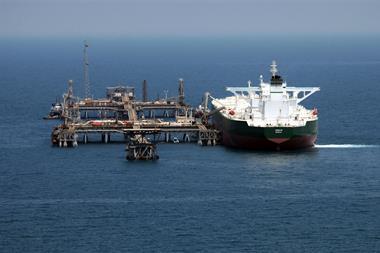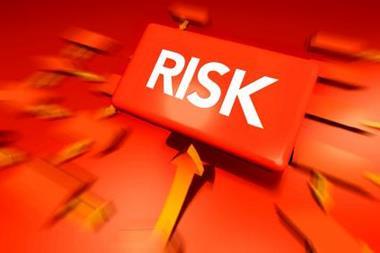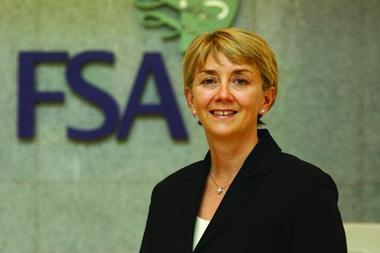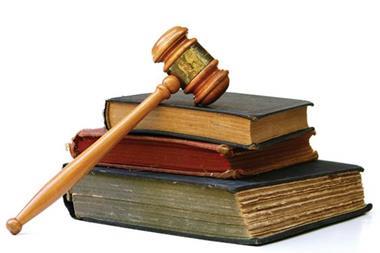The majority of countries score poorly on a new corruption index
As governments inject massive stimulus packages and fast-track disbursement of public funds to kick start their economies, a leading corruptions index reveals that no region of the world is immune to the perils of corruption.
The vast majority of the 180 countries included in Transparency International’s 2009 Corruption Perceptions Index (CPI) scored below five on a scale from 0 (perceived to be highly corrupt) to 10 (perceived to have low levels of corruption).
Launching the report, Huguette Labelle, Chair of Transparency International (TI), said: “It is essential to identify where corruption blocks good governance and accountability, in order to break its corrosive cycle.”
Fragile, unstable states that are scarred by war and ongoing conflict lingered at the bottom of the index. These are: Somalia, with a score of 1.1, Afghanistan at 1.3, Myanmar at 1.4 and Sudan tied with Iraq at 1.5.
“These results demonstrate that countries which are perceived as the most corrupt are also those plagued by long-standing conflicts, which have torn apart their governance infrastructure,” said TI in a statement accompanying the report.
According to TI, stemming corruption requires strong oversight by parliaments, a well performing judiciary, independent and properly resourced audit and anti-corruption agencies, vigorous law enforcement, transparency in public budgets, revenue and aid flows, as well as space for independent media and a vibrant civil society.
“The international community must find efficient ways to help war-torn countries to develop and sustain their own institutions,” explains Labelle.
Highest scorers in the 2009 CPI are New Zealand at 9.4, Denmark at 9.3, Singapore and Sweden tied at 9.2 and Switzerland at 9.0. “These scores reflect political stability, long-established conflict of interest regulations and solid, functioning public institutions,” said TI.
The Group of 20 has made strong commitments to ensure that integrity and transparency form the cornerstone of a newfound regulatory structure.
“As the G20 tackles financial sector and economic reforms, it is critical to address corruption as a substantial threat to a sustainable economic future,” commented TI, adding: “Globally and nationally, institutions of oversight and legal frameworks that are actually enforced, coupled with smarter, more effective regulation, will ensure lower levels of corruption.”
The CPI measures the perceived levels of public sector corruption in a given country and is a composite index, drawing on 13 different expert and business surveys.


















